In just over a month, Qatar will host the FIFA World Cup, according to Nasser Al Khater, the World Cup’s chief executive.
Al Khater praised the work done by his staff and all those involved while present at the “One Month to Go” press conference.
He declared, “Qatar is prepared to host a worldwide celebration of the beautiful game.”
“We are eager to host supporters and athletes from all around the world as they experience our warm hospitality, a wide range of entertainment opportunities, and, of course, world-class international football.
“It promises to be a unique edition of the FIFA World Cup – and one that will leave a lasting, positive impact on Qatar, the Middle East, and the Arab world,” said Al Khater.
Yasir Al Jamal, Director General, Supreme Committee for Delivery & Legacy (SC), said: “We look forward to hosting a tournament that will live long in the memory of fans from across the globe”
Qatar’s upcoming World Cup will host a total of 74 pitches which includes training grounds for the teams as well as the country’s eight stadiums.
“Pitches are of course, at the top of our priority list, both at the training sites and across the stadiums. In total, we’ve got 74 pitches that make up this World Cup, eight in the stadium, 32 in the base camps where there will be two training sites each, and also a referee at base camp,” FIFA’s Smith said.
All stadiums will have artificial grow lights to replace the natural light lost by shading from the roofs and will be maintained by over 700 groundkeepers.
The Gulf state built eight stadiums to host the World Cup, all of which have been tested in major events over the last two years.
Most recently, the iconic Lusail Stadium was trialled during the Lusail Super Cup, in which Egypt’s Zamalek and Saudi Arabia’s Al Ahli.
While the stadiums have been finalised, final construction projects around the country, such as roadwork in the capital Doha, have yet to be completed.
‘Most expensive World Cup’
Ever since Qatar was awarded the bid to host the World Cup in 2010, the Gulf state has been building monuments that will accommodate an anticipated 1.5 million visitors at the region’s first ever World Cup.
This year’s event will be the most expensive FIFA tournament in history, costing $220 billion, almost 20 times what Russia spent in 2018.
The huge increase in costs is partly attributed to new World Cup stadiums and infrastructures, according to recent reports.
The building of stadiums cost around $6.5 billion to $10 billion, and the remaining bulk of $220 billion was used as part of the broader Qatar 2030 National plan, which centres around developing infrastructure, including construction of an innovation centre with hotels, a sophisticated metro network, and airports.
“The World Cup is a part of the Qatar National Vision 2030, a broader government strategy promoting the intensive development of urban and national facilities and industry, in addition to education and healthcare systems,” Fatma Al Nuaimi, Communications Executive Director for the tournament, told The Sun, stressing that that these three developments were all part of Qatar’s wider vision for life after the World Cup.
“Most of these large-scale infrastructure projects, which will be used by teams and fans in 2022, such as new roads, a subway, an airport, hotels and other tourist facilities were planned even before we obtained the right to host the World Cup.”
The development of the country’s infrastructure and transportation systems, the largest of which is the Doha Metro, required a significant amount of investment.
The massive underground transportation network, which opened in 2019, cost about $36 billion to build and is anticipated to be essential for supporters who want to travel quickly throughout the city during the tournament.
Another crucial component was the multi award-winning Hamad International Airport. The country has since spent $16 billion developing it since it first opened in 2014. Meanwhile, the new Lusail City construction has consumed a significant portion of Qatar’s $220 billion in spending.
A bit earlier in 2008, the Qatar National Vision 2030 project was presented. Sports would be one of the primary pillars of this future, which was to make the country into a “advanced civilization capable of sustaining its development and providing a good quality of living for its people.”
Over the past ten years, Qatar has hosted more than 600 regional and international sporting tournaments; in particular, these events have aided the nation’s FIFA World Cup preparations. According to recent sources, stadiums and practice fields are prepared for the major tournament and are being tested with various events.


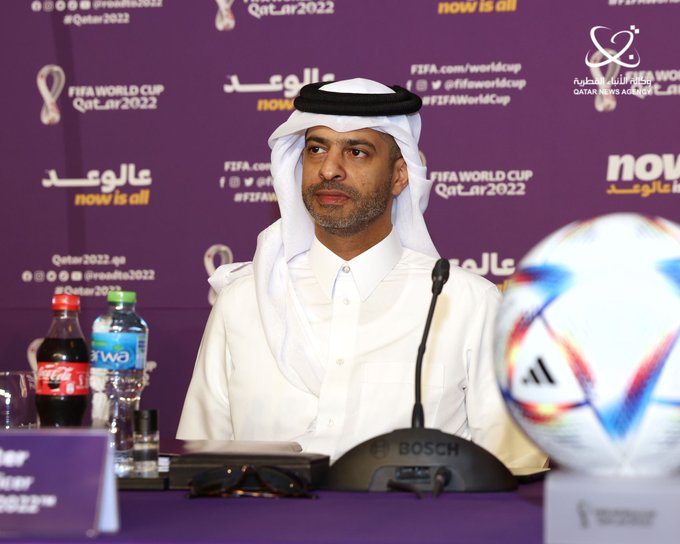

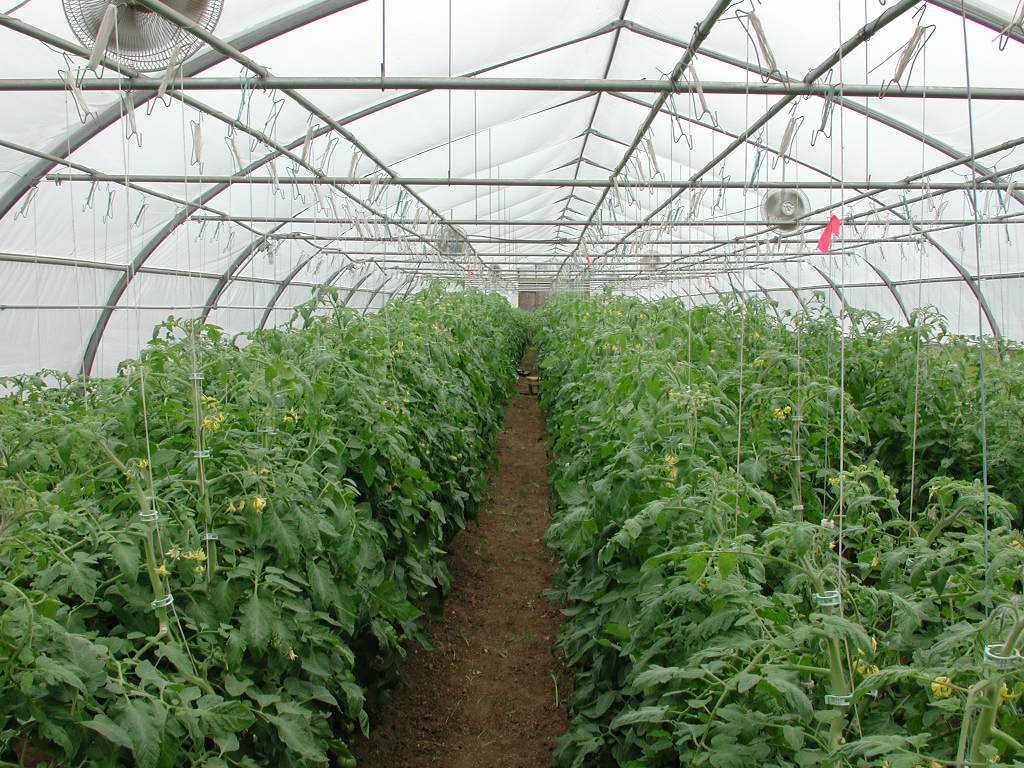
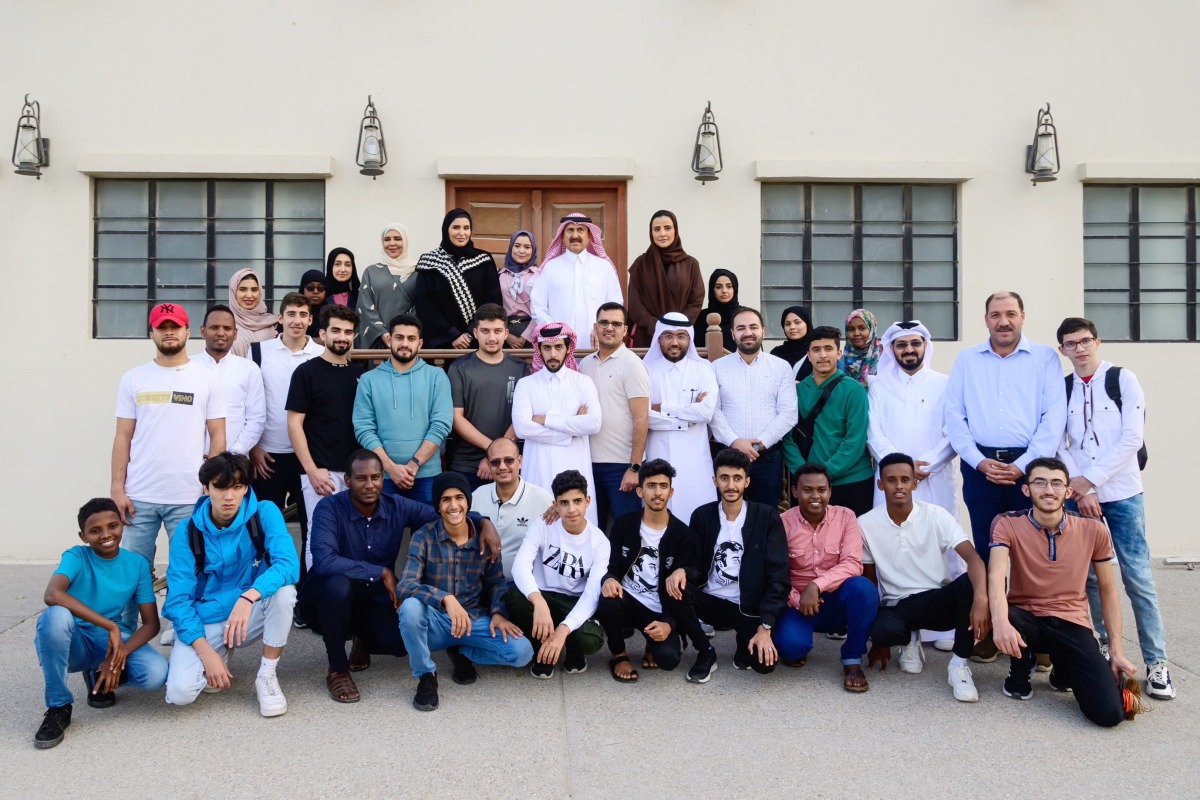
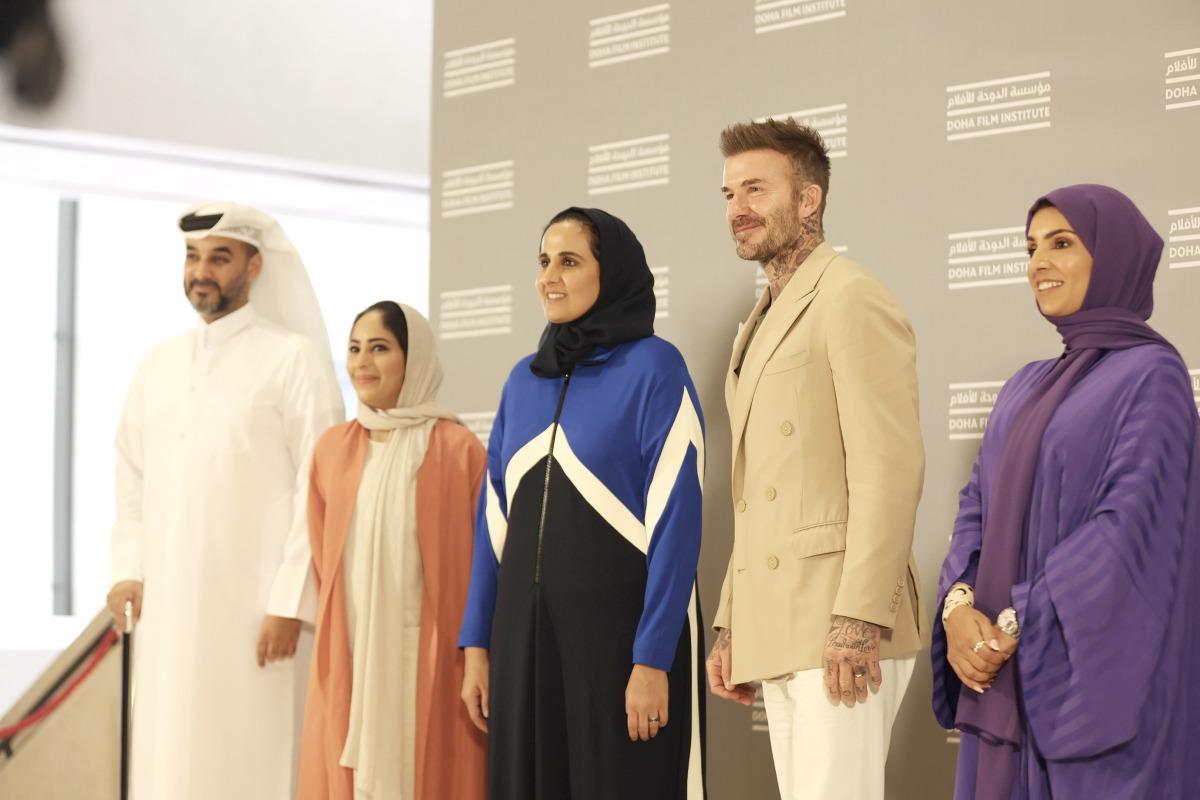
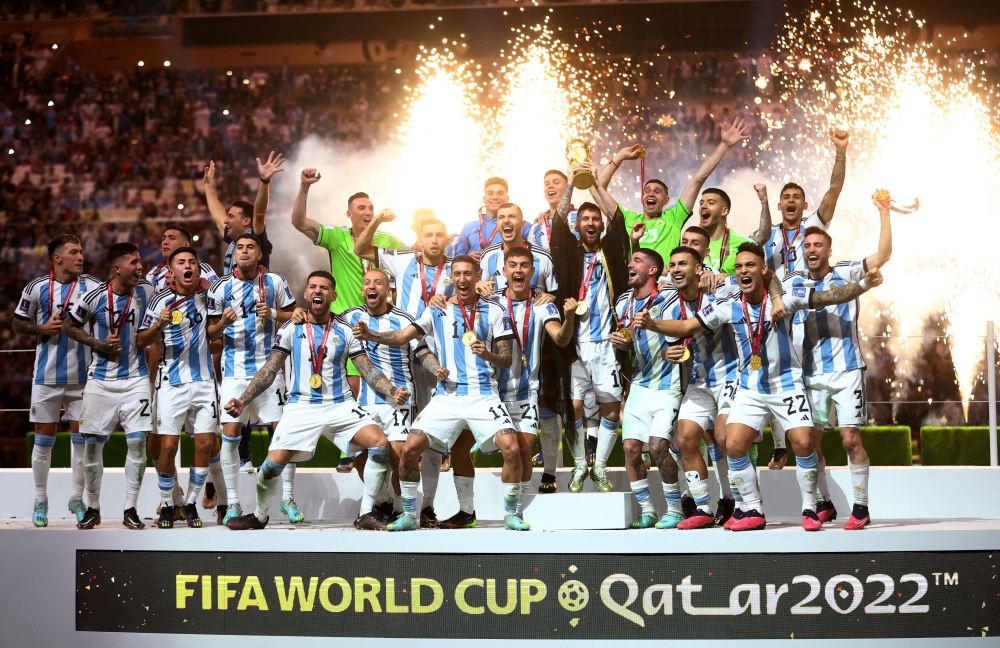




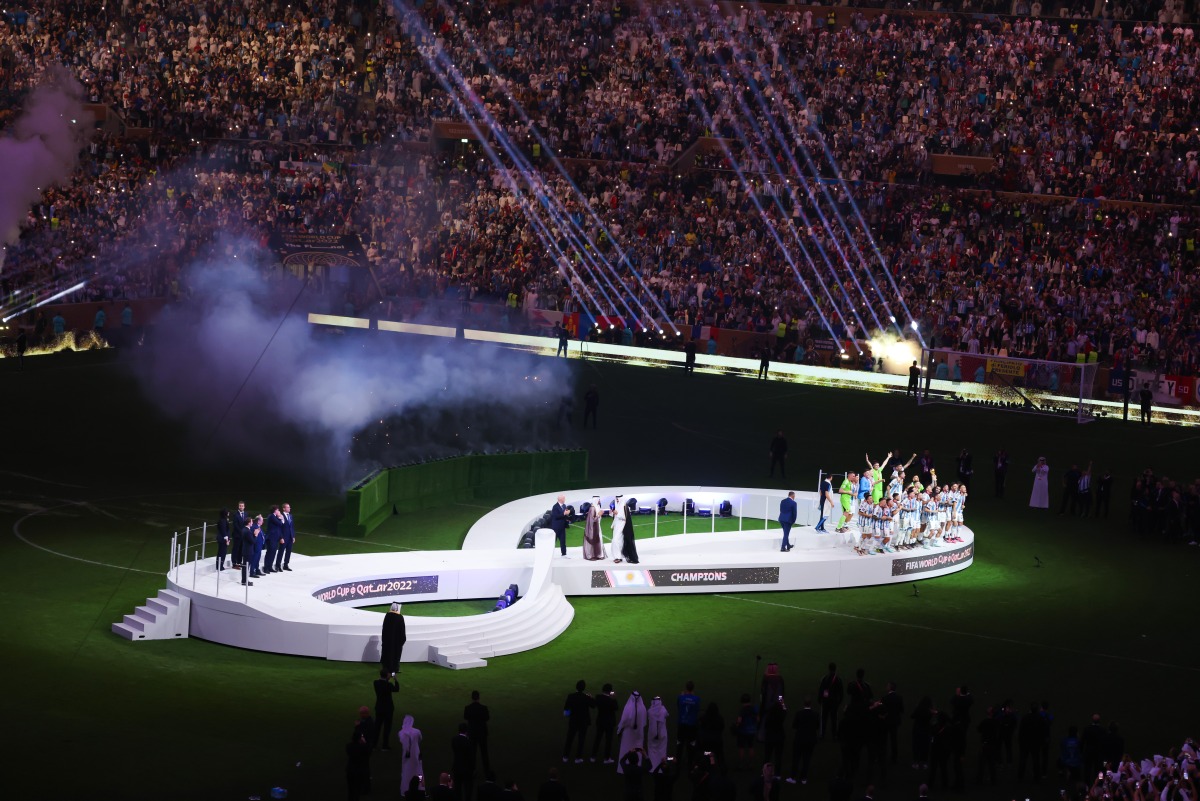




Leave a Reply